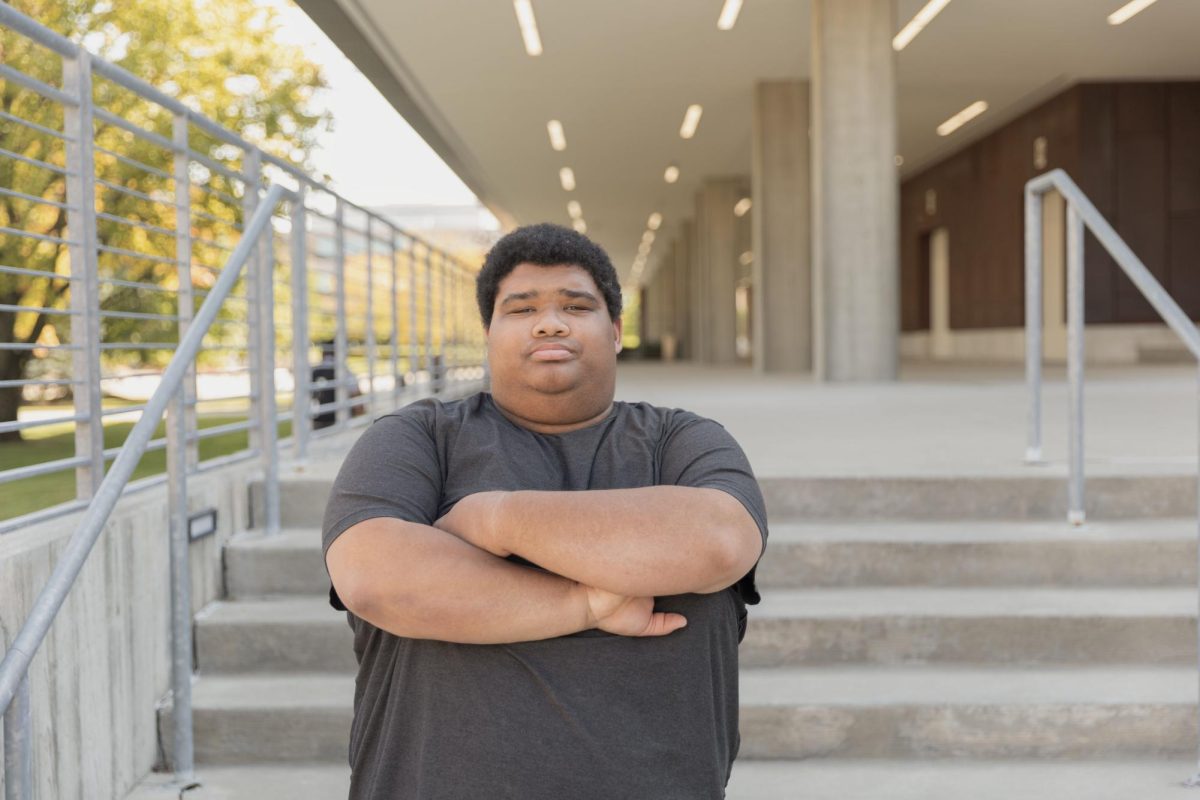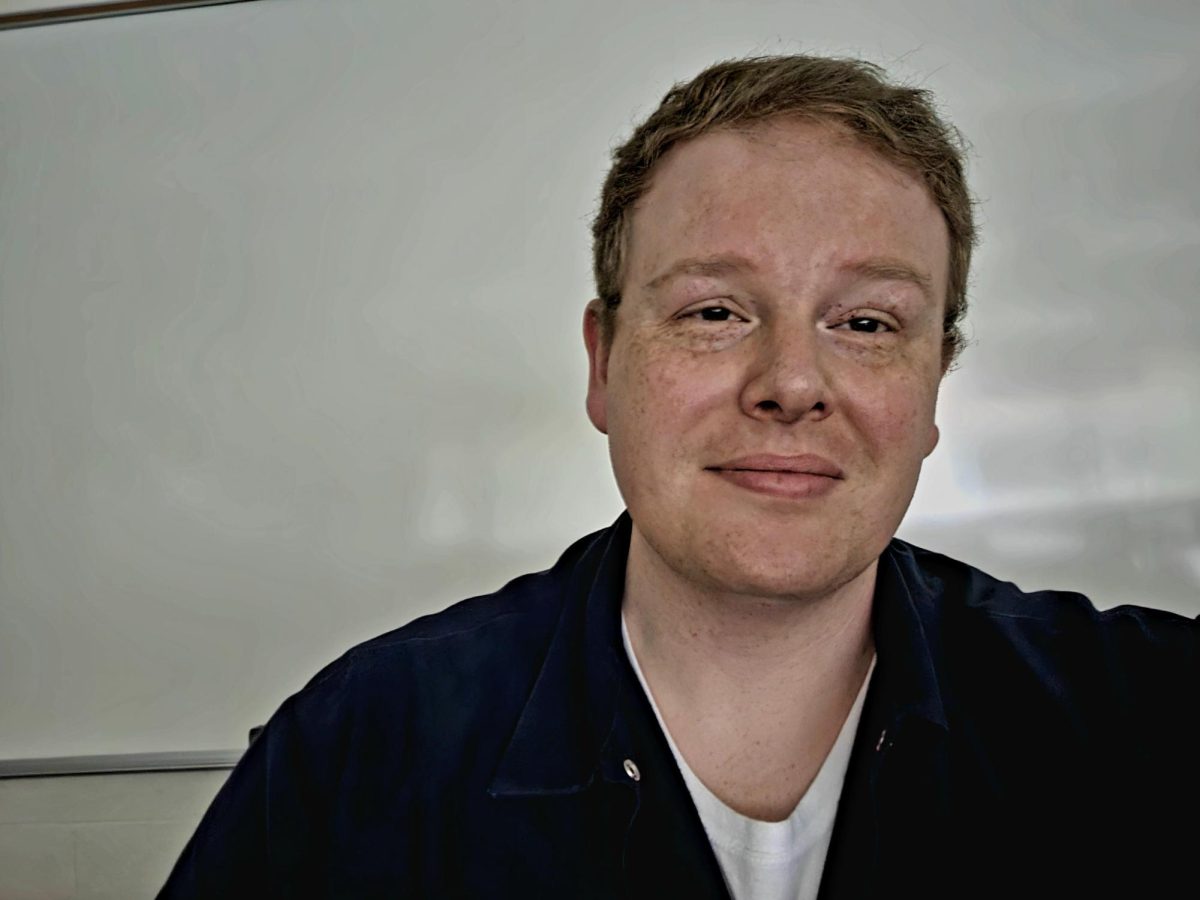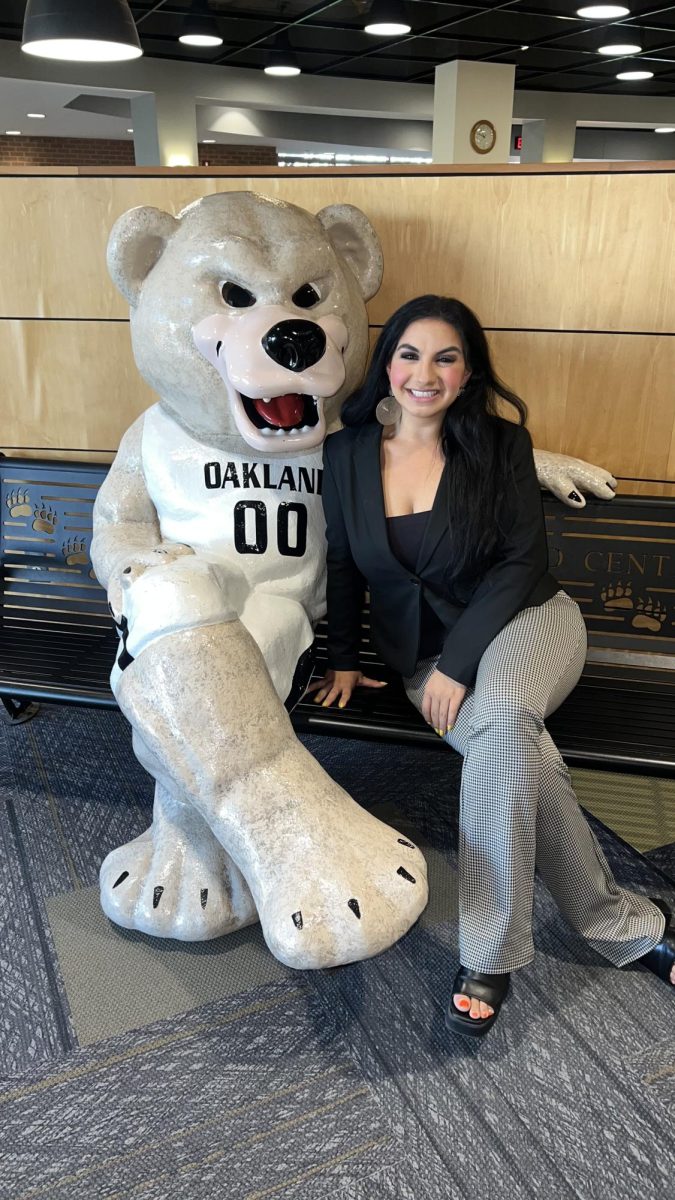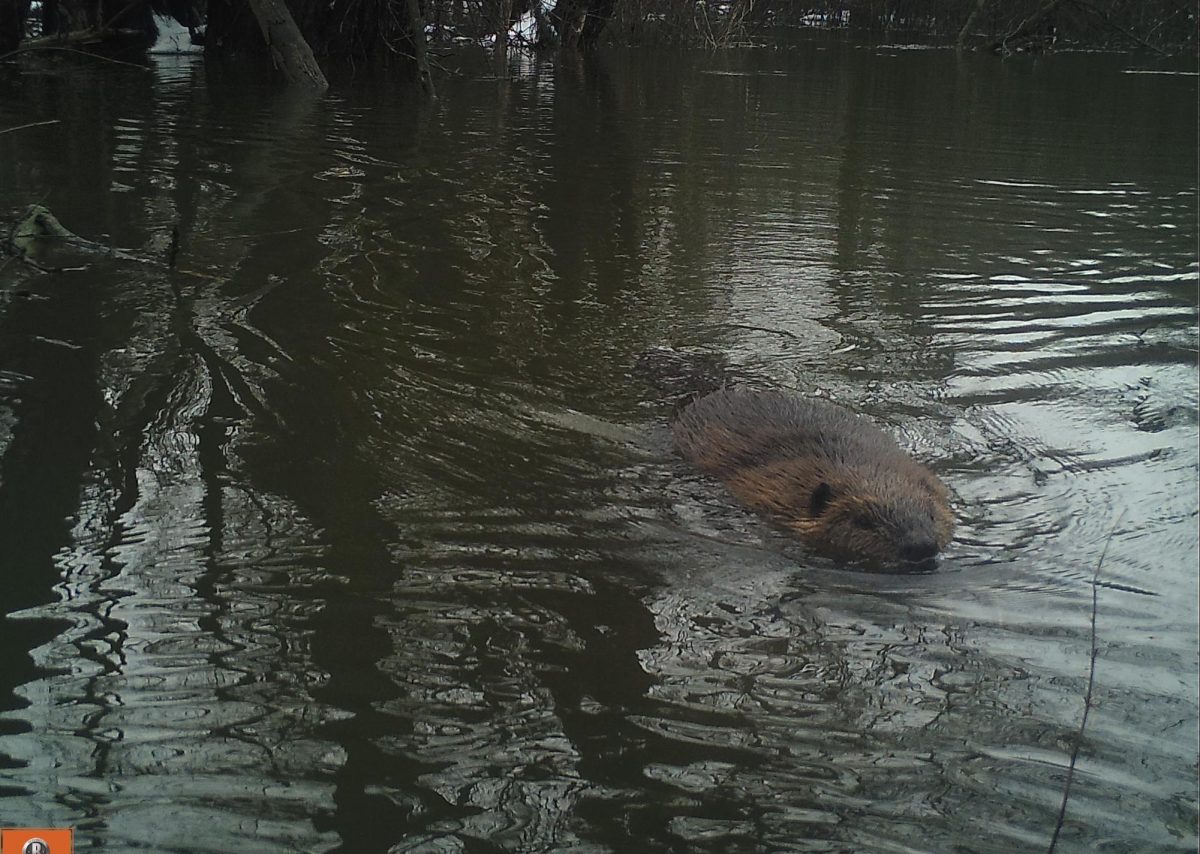In the fall of 2021, I went through one of the lowest periods of my life. I had just gone through the breakup of an unhealthy relationship, I was fighting to take care of myself, and overall, I was struggling to manage life in a post- COVID world.
November 10th, after not being able to sleep or eat, my friend expressed his concern and drove me to the Counseling Center. After dragging myself into the building, I was met with the explanation that the Counseling Center was understaffed and in great demand. Instead of getting the help I needed, I was handed a packet of costly off-campus resources and offered to be put on a waitlist until March.
Due to my lack of financial wherewithal and inability to repress my struggles for 4 months, I was left without help. I was left in a dangerous, disorganized, and disoriented position.
I am a student-athlete on OU’s Swim and Dive Team and I pride myself on maintaining great athletic and academic standing. I have been known to go the extra mile and swim the extra laps needed to succeed on an already back-breaking 19.5 hour week of practices and swim meets. These added aspects of my life add an overwhelming pressure to the credits I have to take every semester to obtain my degree. Despite all of this, I was left with no help: feeling overtrained, severely under-recovered, and physically and mentally burnt out. To say I was “surviving” is an overstatement.
Yet, here we are, 2 years later, with the lowest staffed Counseling Center in the state of Michigan, that have presented various situations where students are left with the same sense of lost helplessness that I felt back then. Just to add a metric ton of gasoline to an already rampant and all encompassing wildfire, administration cut funding to a Counseling Center that is fighting to keep our student body – quite literally – alive and well.
According to the World Health Organization, prevalence in anxiety and depression increased globally by 25% since COVID. Children and college students now experience the same level of anxiety as psychiatric patients in the 1950’s (American Psychiatric Association) and suicide still remains the leading cause of death in young people (National Institute of Mental Health).
We, as a University, could increase our Counseling Center staff two fold and still be tied for last in the state. Administration has to understand with haste and urgency that the need for adequate counseling isn’t just a “desire” in our generation, it’s an absolute necessity. Administration needs to respond with overwhelming financial support for the Counseling Center to even come close to average in accessibility.
Our student body’s strength relies on our ability to seek and obtain help, and right now, we are deprived to a degree of the very strength we seek. Somehow, even asking for that strength back seems like too much to ask for.








